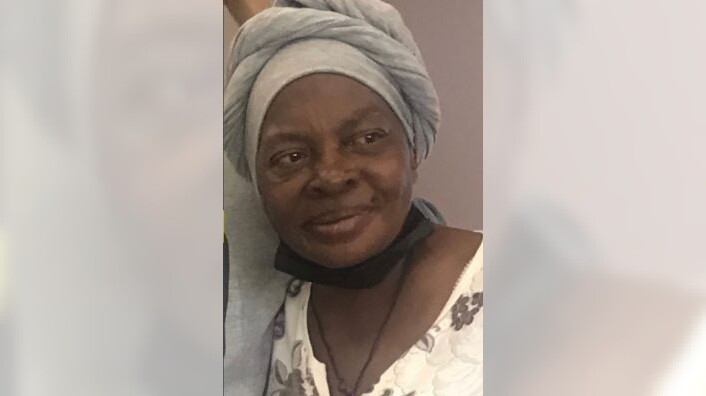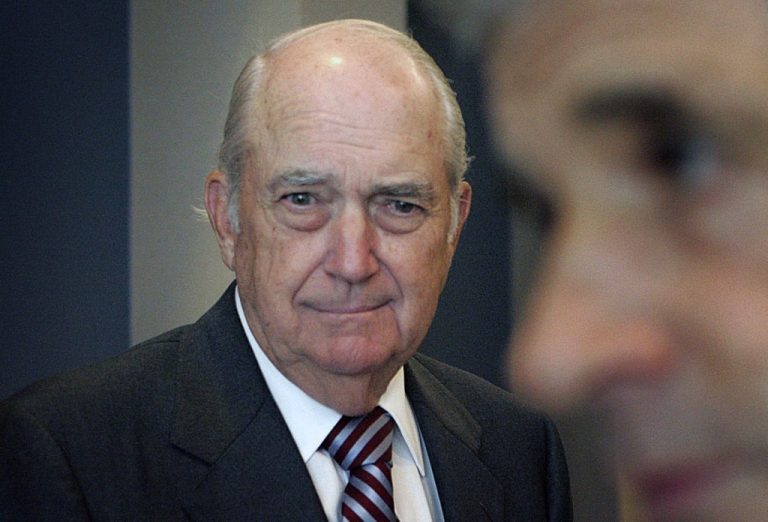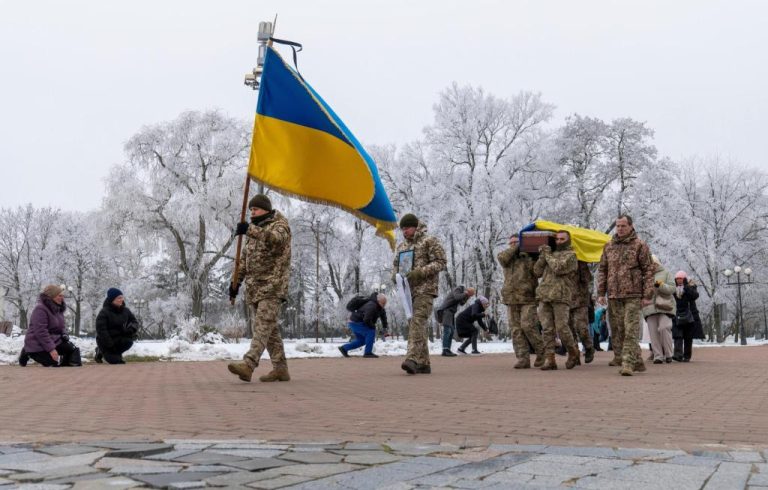Rady Children’s Hospital and UC San Diego are taking steps to make it clear that a provocative letter calling for a cease-fire in Gaza was not a sanctioned communication of either organization after some in the community objected to the document’s contents.
In a memo to all Rady clinical staff sent on Nov. 27, Bill Strickland, Rady’s senior vice president and chief administrative officer, indicates that many in the community reached out “and communicated your concerns” after reading the letter, which was posted on the document collaboration site Google Docs.
On Friday, Rady reiterated its initial message, saying in a written statement: “We want to be clear. Rady Children’s name was used without our knowledge or permission. The letter was unauthorized, and in no way speaks for our institution. We are deeply committed to the children we serve and to the physicians, nurses and staff that help support our mission.”
Late Friday afternoon, UC San Diego struck a similar note, issuing its own short acknowledgment that the letter was circulating before it was removed from Google Docs, but attempting to draw a line between official statements and personal opinion.
“The letter was authored by a few residents who were not speaking on behalf of UC San Diego or the residents in the program as a whole, and UC San Diego did not participate in the drafting of their letter,” the university’s statement said.
Entitled “A Letter on Behalf of the Rady Children’s Hospital/UCSD Pediatric Residents,” and signed only “UCSD Pediatric Residents,” the letter, a copy of which was obtained by The San Diego Union-Tribune, does appear to attempt to speak for all of those currently doing their pediatric clinical rotations with Rady.
Residents are those who have earned their medical doctorates and who are progressing through the multi-year process of post-graduate training alongside medical professionals in settings from doctors offices to hospital units.
Efforts to reach several UCSD pediatric residents through their university-issued email addresses Friday were not returned.
The document cites health statistics from the Ministry of Health in Gaza, listing a death toll that “stands at more than 11,000 people, 68 percent of whom are children and women,” and also indicating that hospitals, especially Al-Shifa Hospital in Gaza, have suffered setbacks that have significantly increased the suffering and death of children, especially those treated in neonatal intensive care units.
Letter writers indicate that circulating their statement “makes it clear that we stand with thousands of health care workers all over the country calling for a cease-fire.”
The message, though it states no explicit support for Hamas, the terrorist group that massacred civilians in southern Israel on Oct. 7, 2023, is none-the-less being taken that way by some of Jewish faith in the San Diego community.
As has become the case worldwide, there is massive disagreement on the ground truth in Gaza.
San Diego resident Jordan Rosenfeld said that he considers the statistics cited in the residents’ letter to have “literally come from Hamas,” calling the Ministry of Health in Gaza a “Hamas-controlled organization,” and the Al-Shifa Hospital “literally Hamas HQ.”
There has been enough local outrage over the letter, Rosenfeld said, that some have changed their behavior.
“As the grandson of a Holocaust survivor with children of my own now, I’m exceedingly aware that the enormity of that atrocity happened because of ordinary Germans and Europeans who were willing to spread Nazi propaganda,” Rosenfeld said in an email. “It is horrifying to know how many doctors at Rady are willing to spread Hamas propaganda and show their sympathy with Nazi imitators.
“My son was in dire need of urgent care on Christmas, and my wife and I just couldn’t risk having him seen by these people. How could any Jewish San Diegan not worry they will be mistreated there?”
The student letter, though, makes no mention of treating Rady patients differently based on their perspectives on Gaza, instead appealing to end the humanitarian crisis that has been reported worldwide.
Rady’s memo to clinicians on Nov. 27 indicates that the organization tries to operate in an apolitical space between competing opinions: “While we respect people may have different perspectives on a variety of topics, we share a collective commitment to create a warm and welcoming place of healing where all children and their families feel empowered and supported as they received the highest quality care.”
But Rady’s memo in response to the resident’s letter also states that the hospital is “taking steps to address this situation.”
What exactly those steps were is not specified. A hospital spokesman said that UC San Diego pediatric residents continue to do clinical rotations at Rady, but declined to say how many new doctors are currently filling shifts in its hospital and clinics.
Asked whether the residents will face any sort of discipline from the university, UCSD’s statement indicates that it “does not comment on personnel matters.”
“UC San Diego unequivocally condemns all forms of hate, and the university will hold accountable to the maximum extent of its abilities anyone whose conduct violates the law or University policy,” the statement said.







